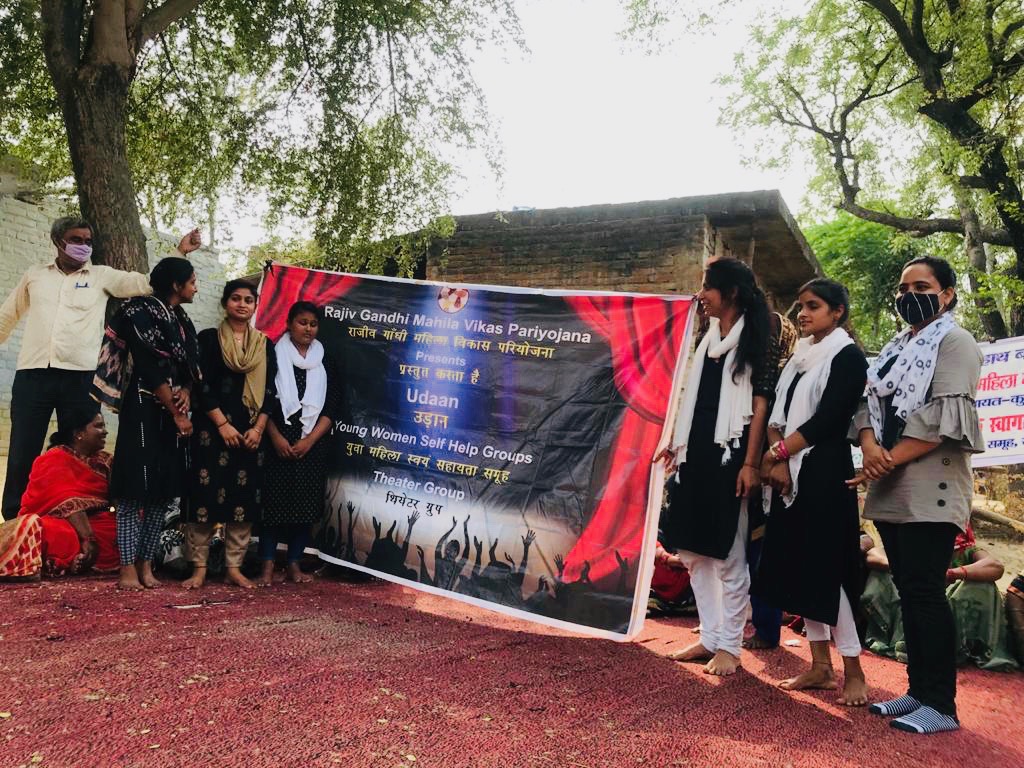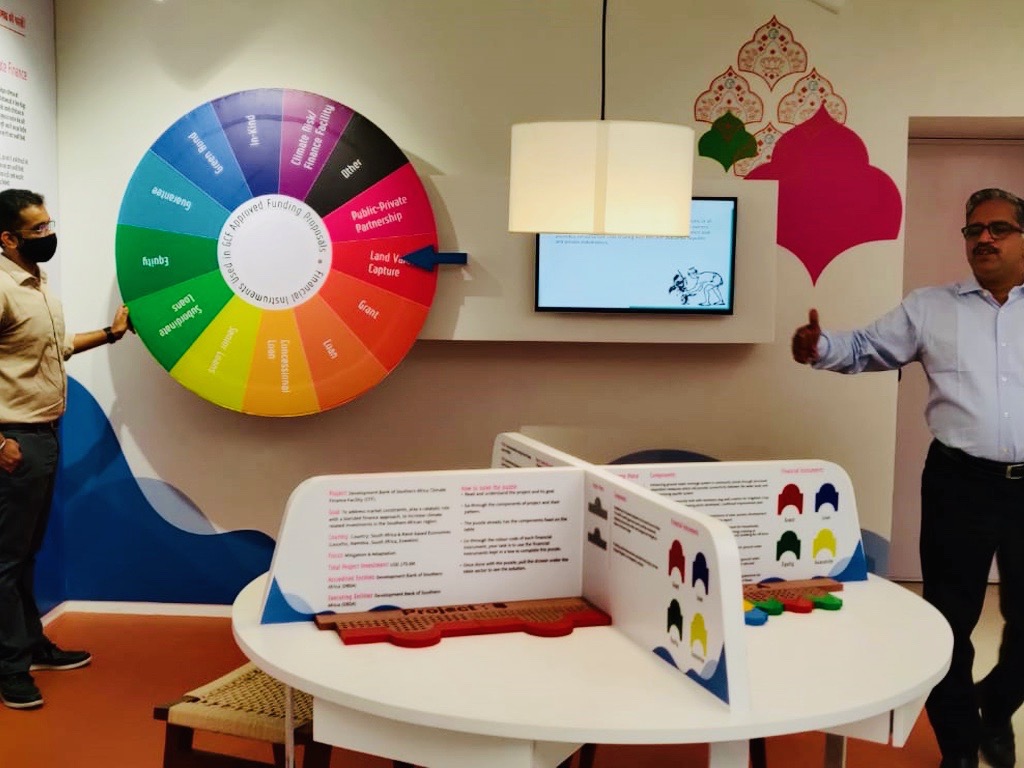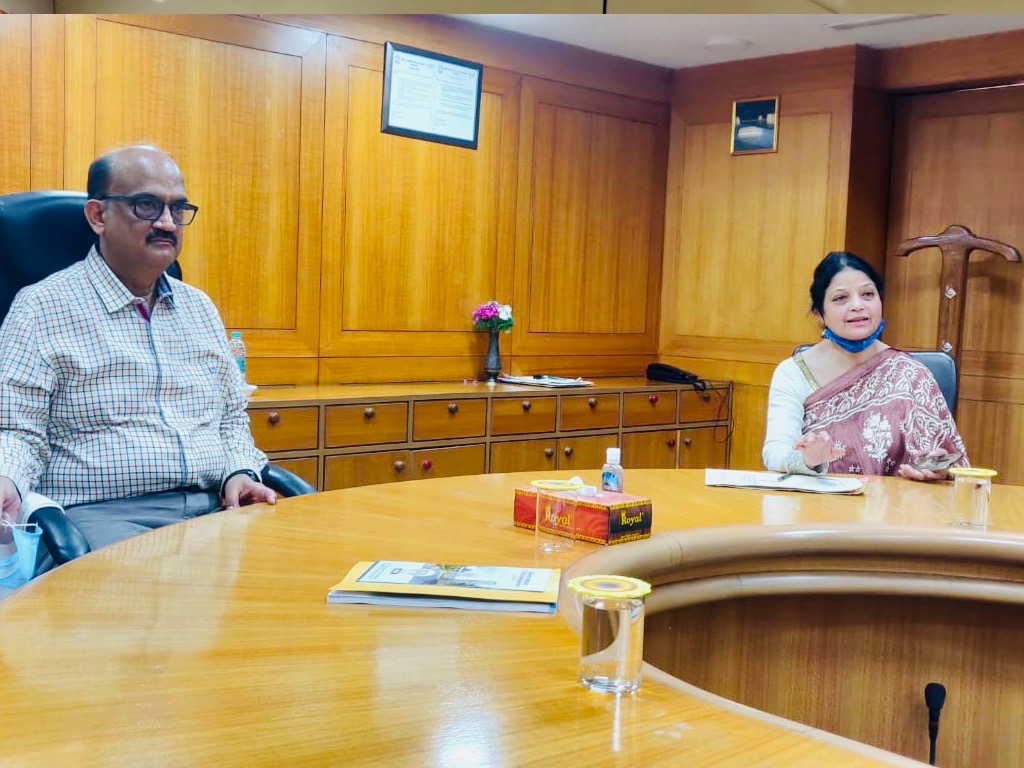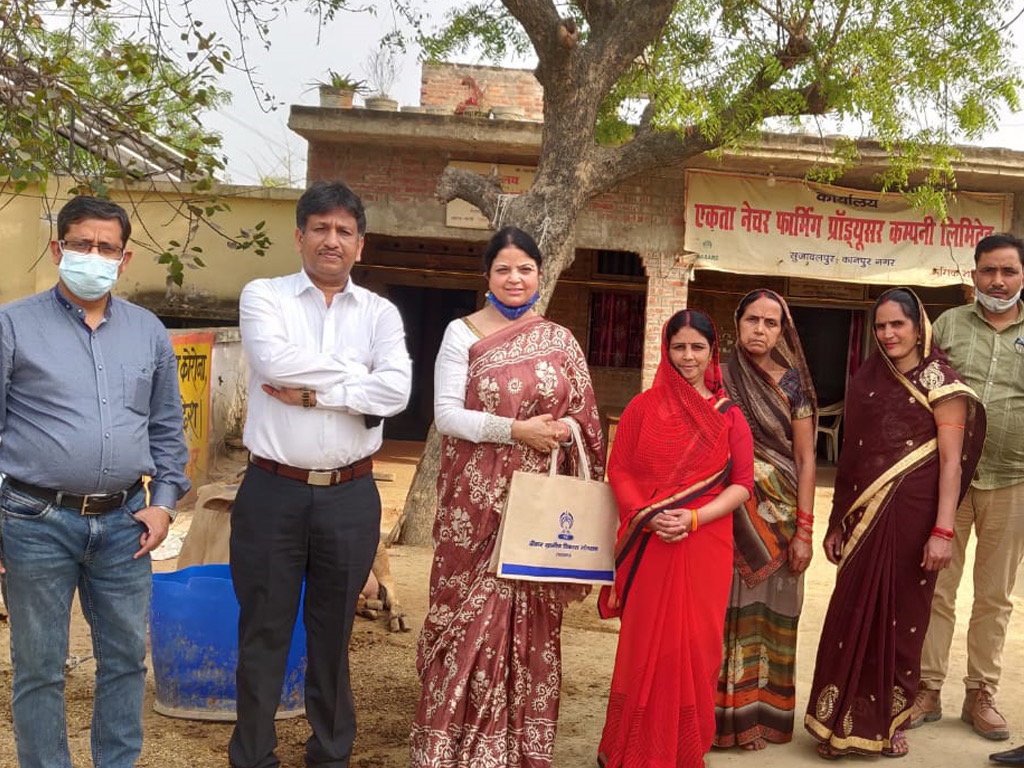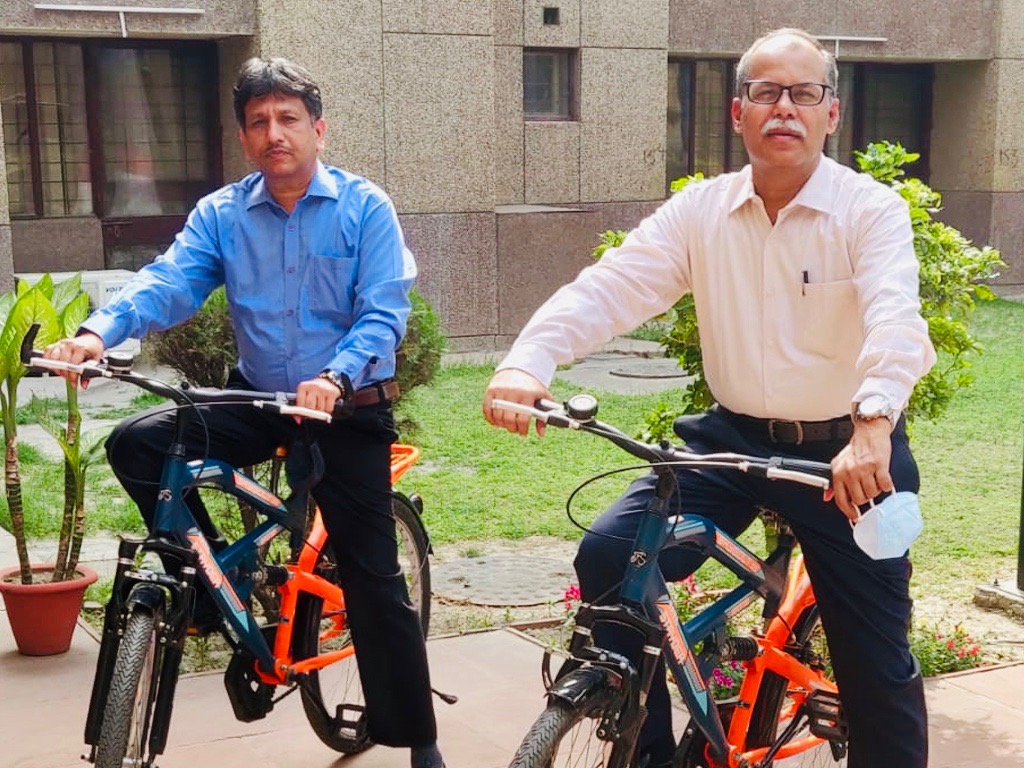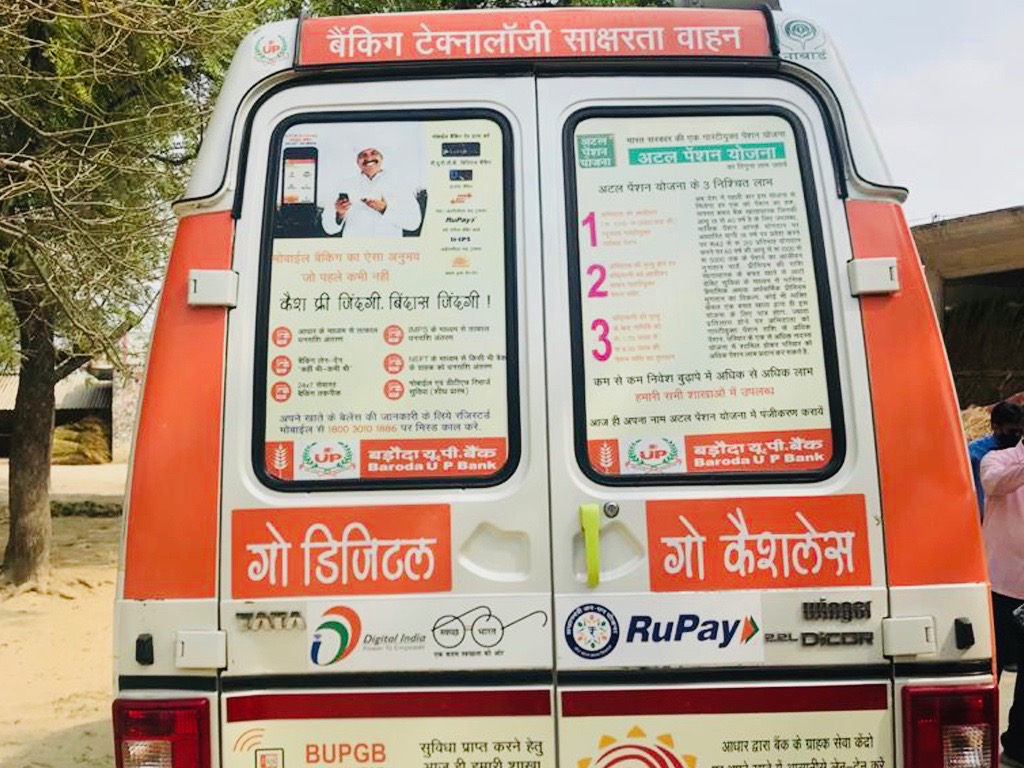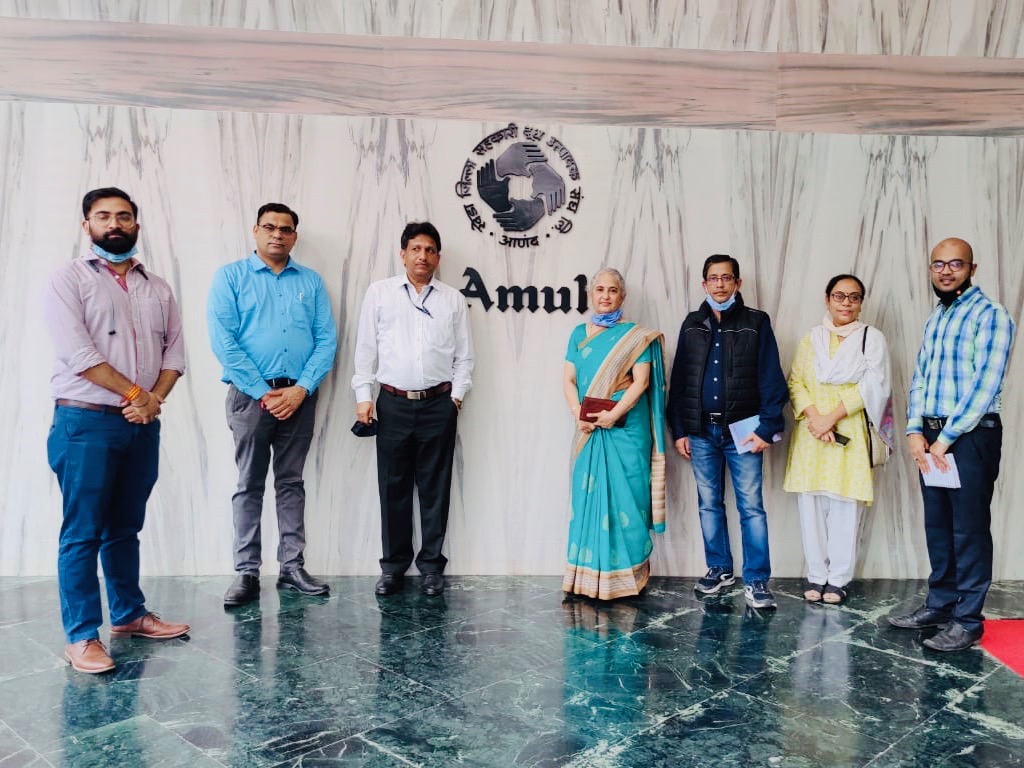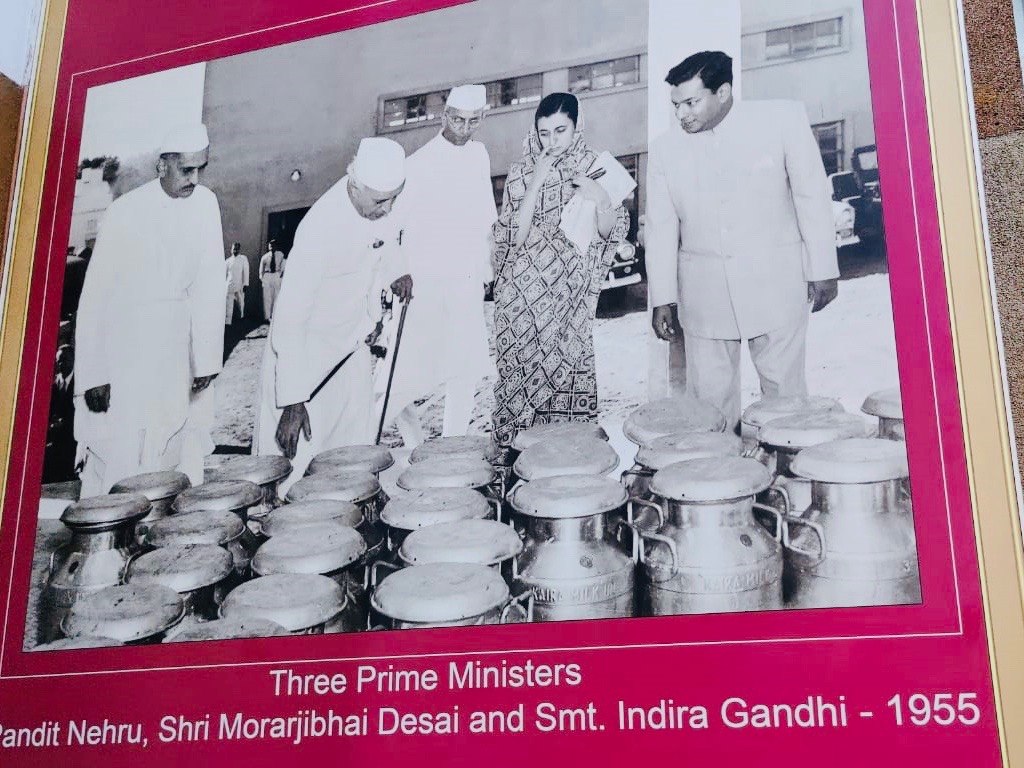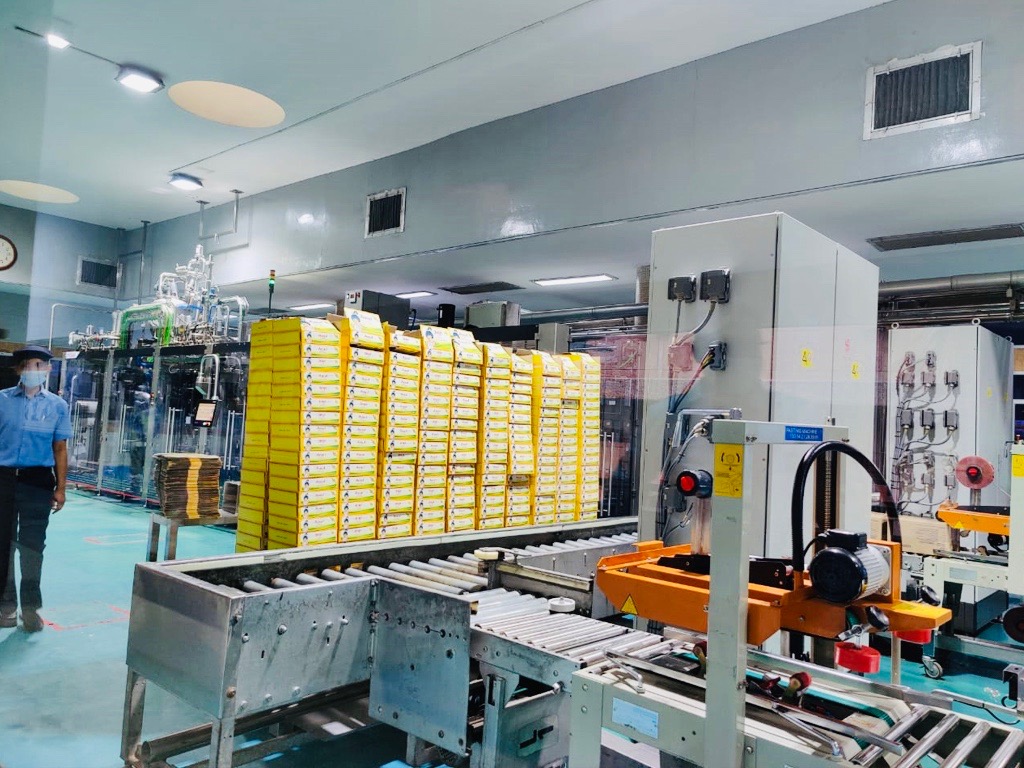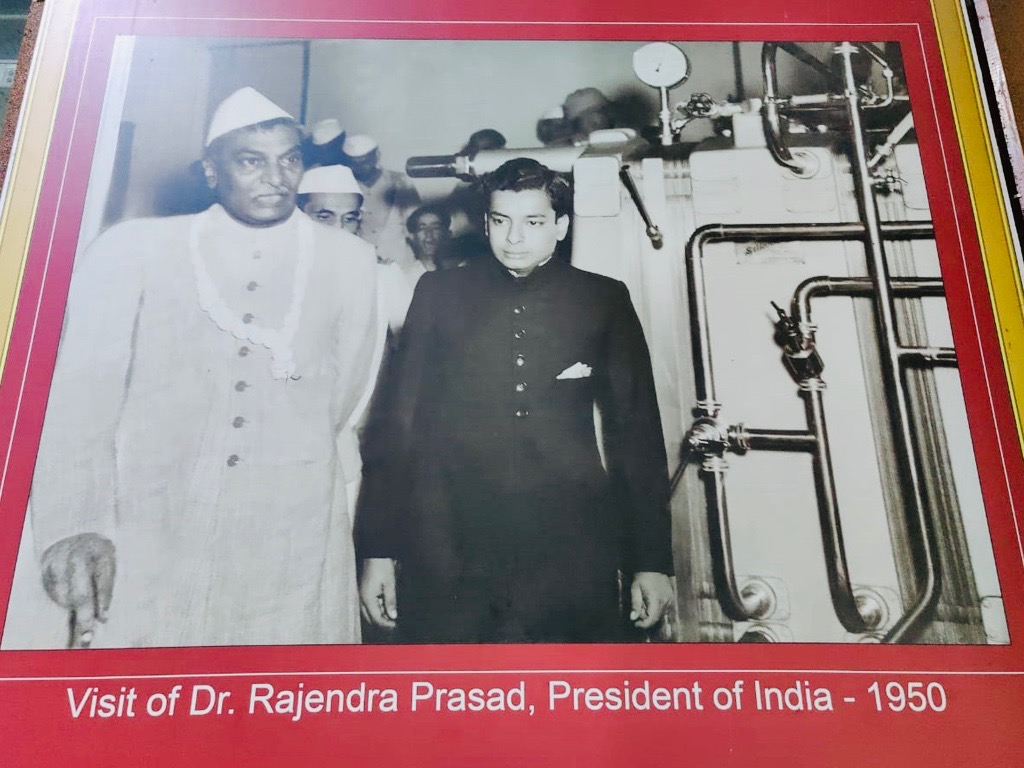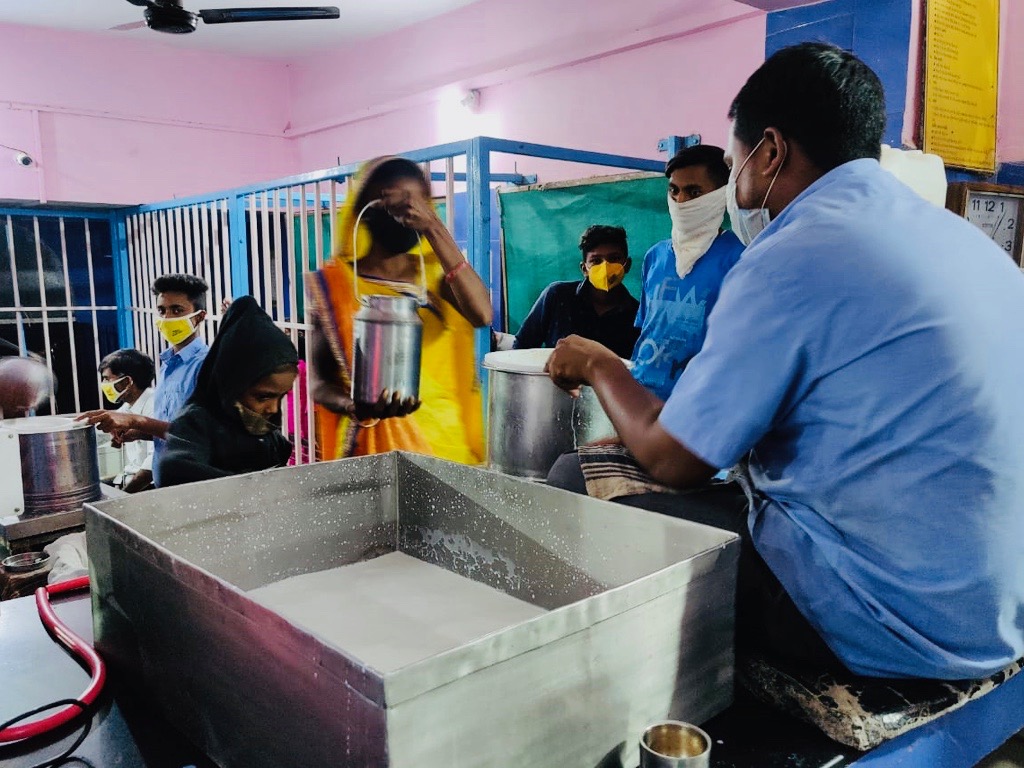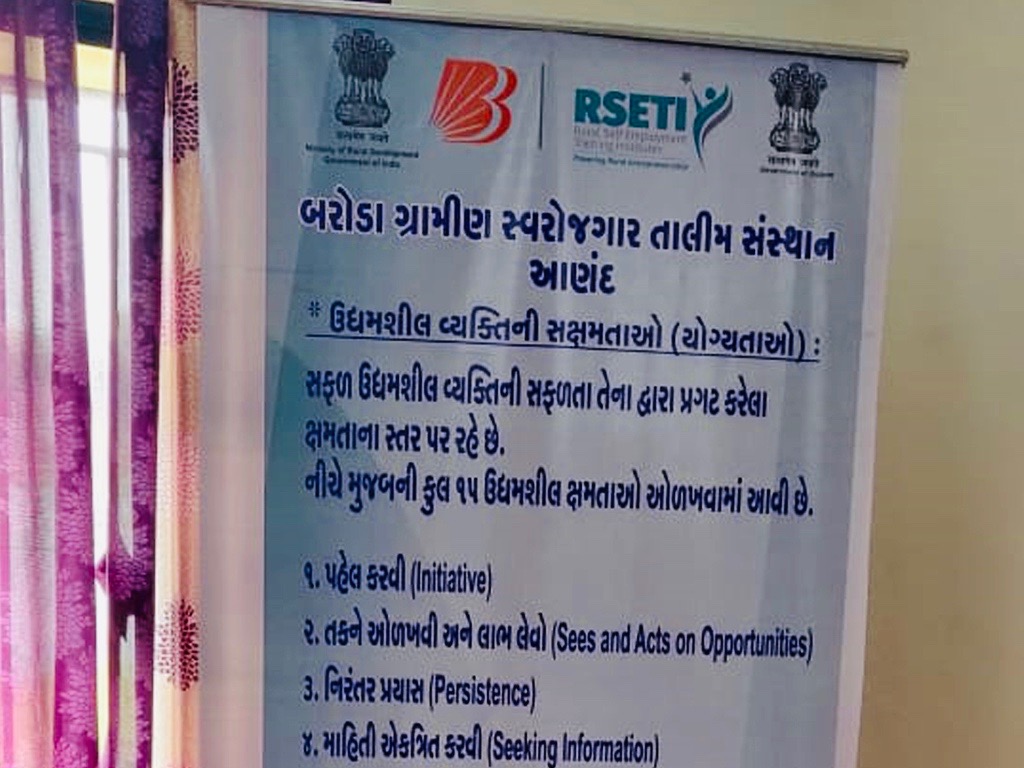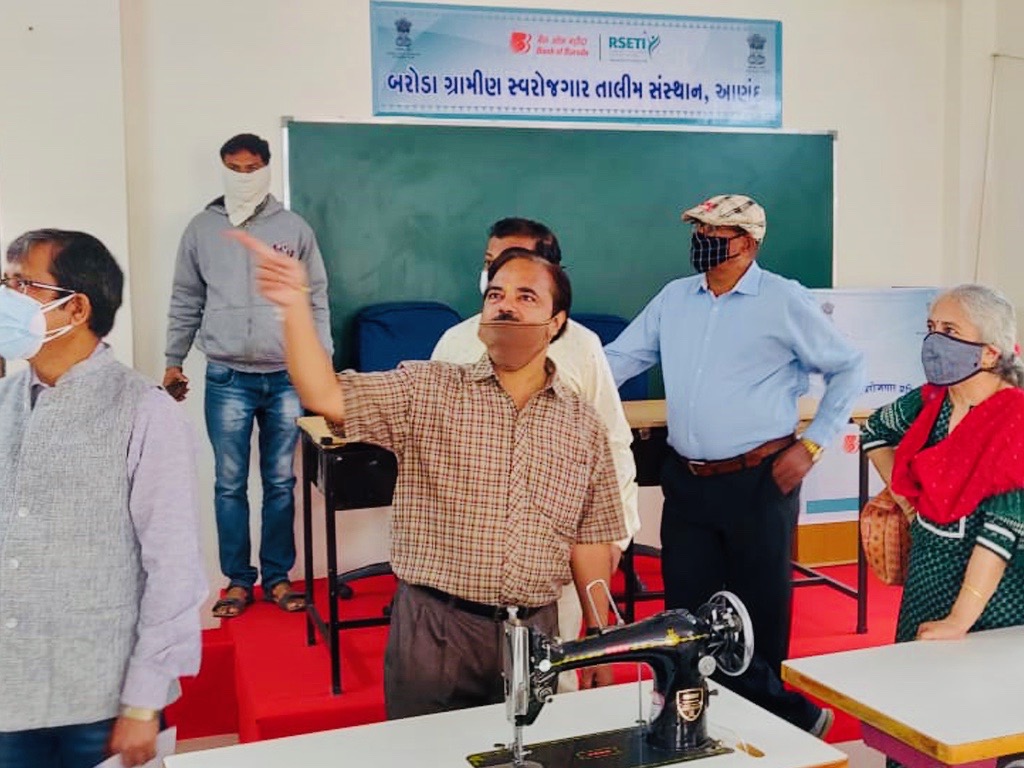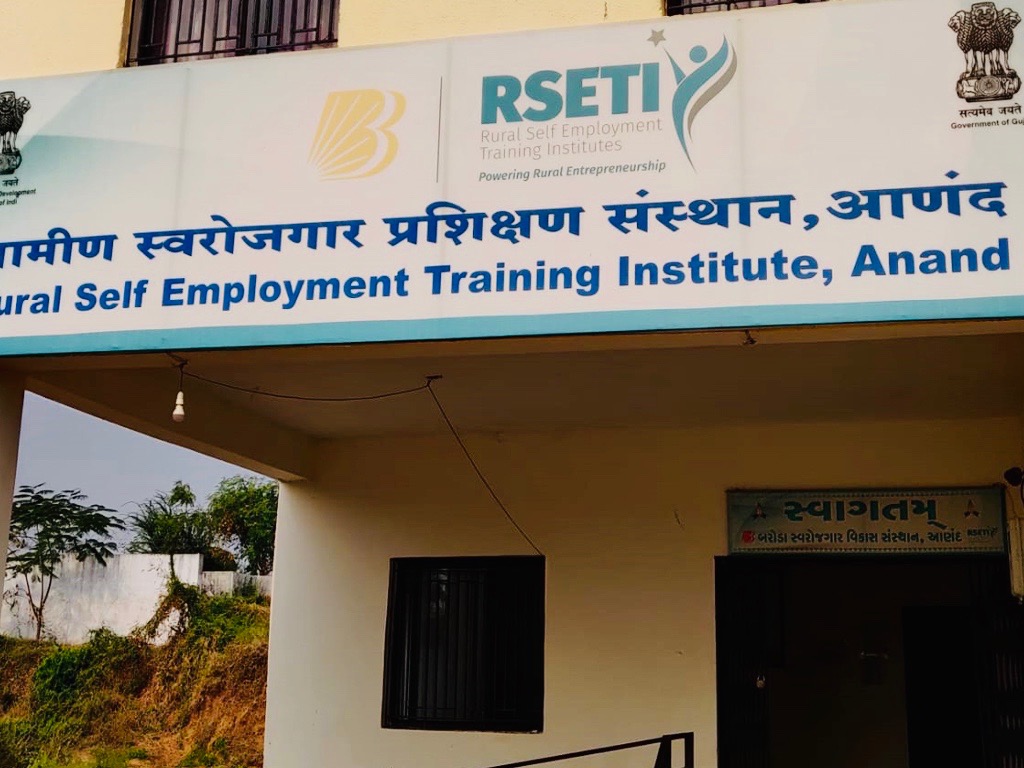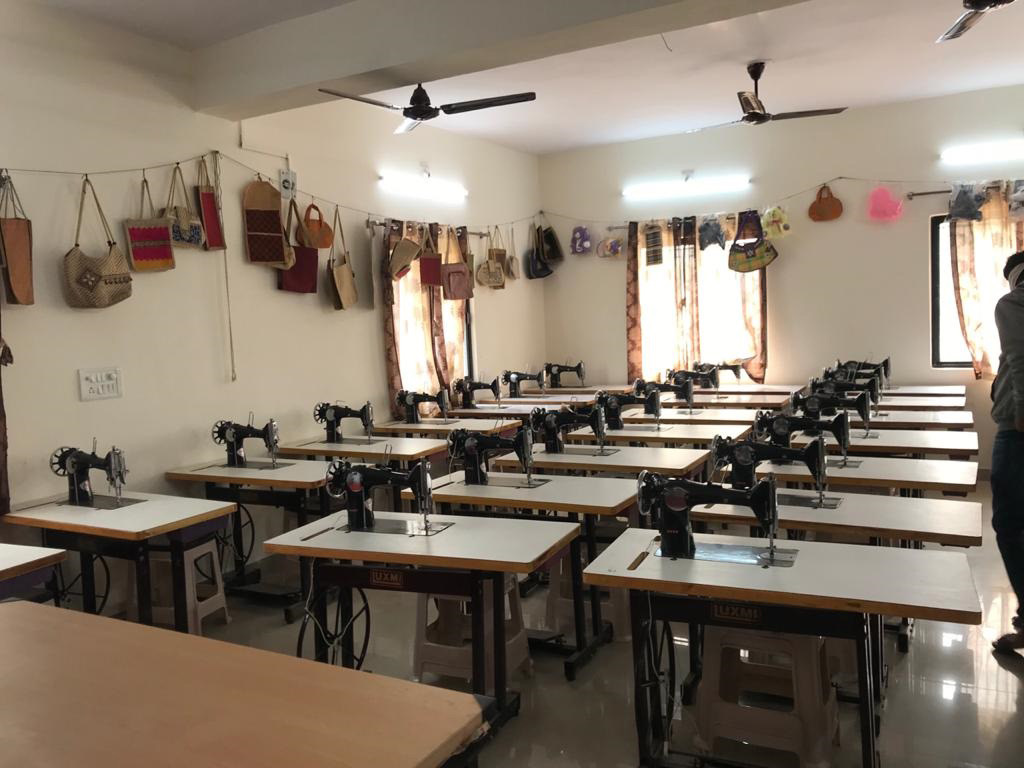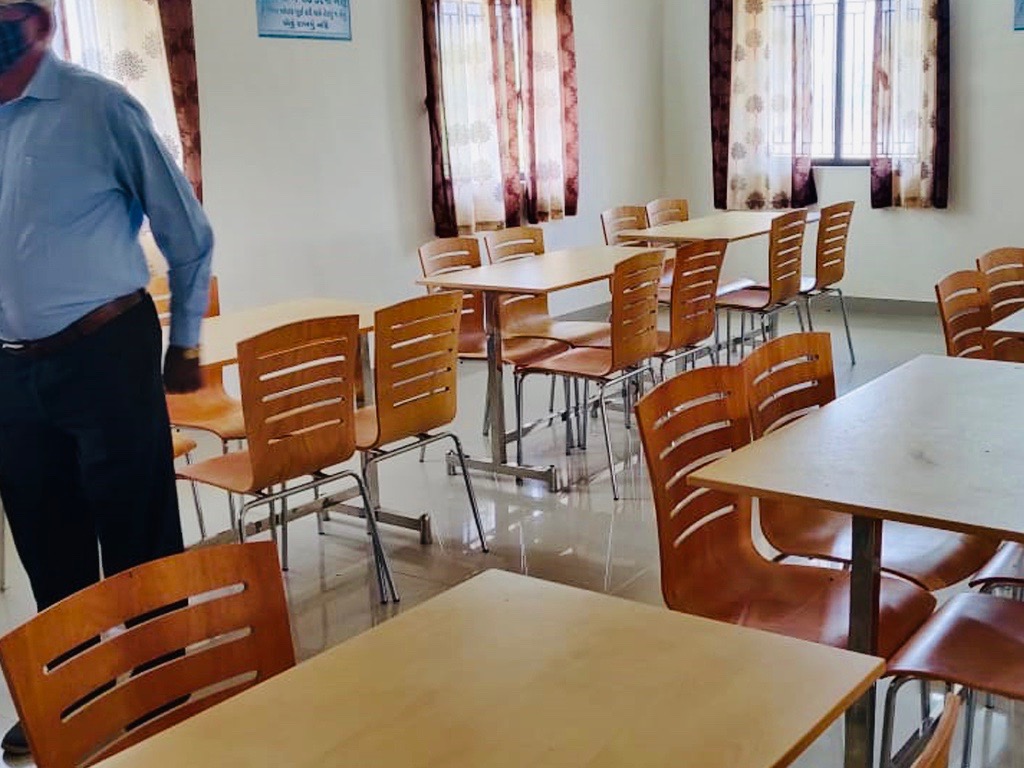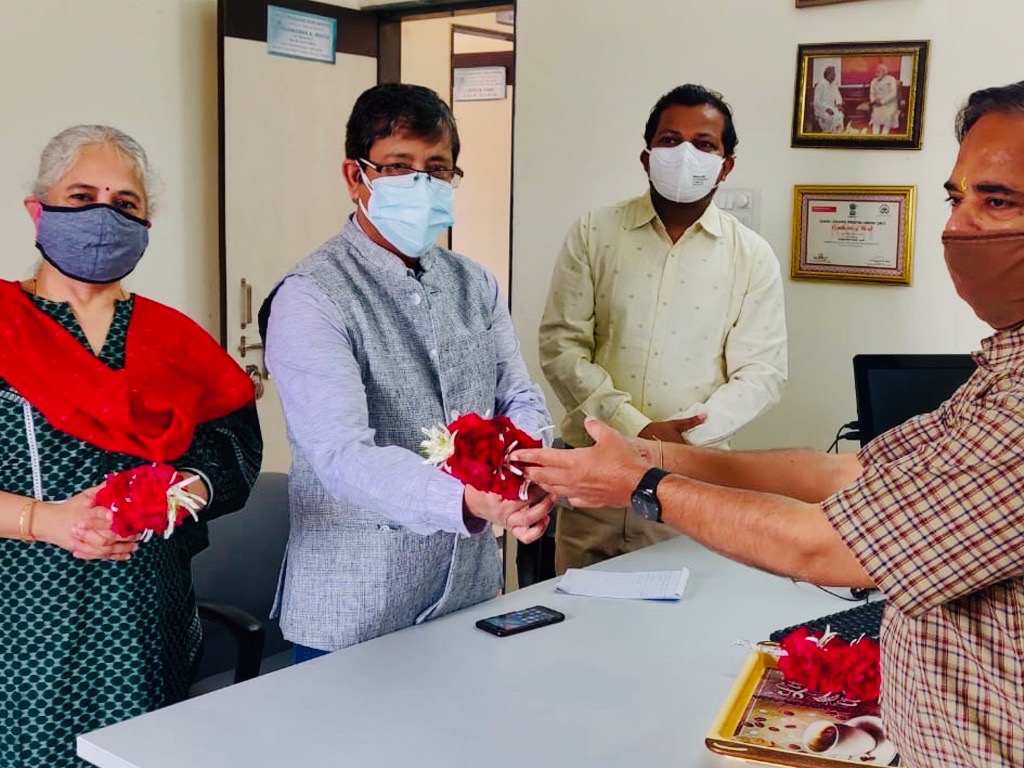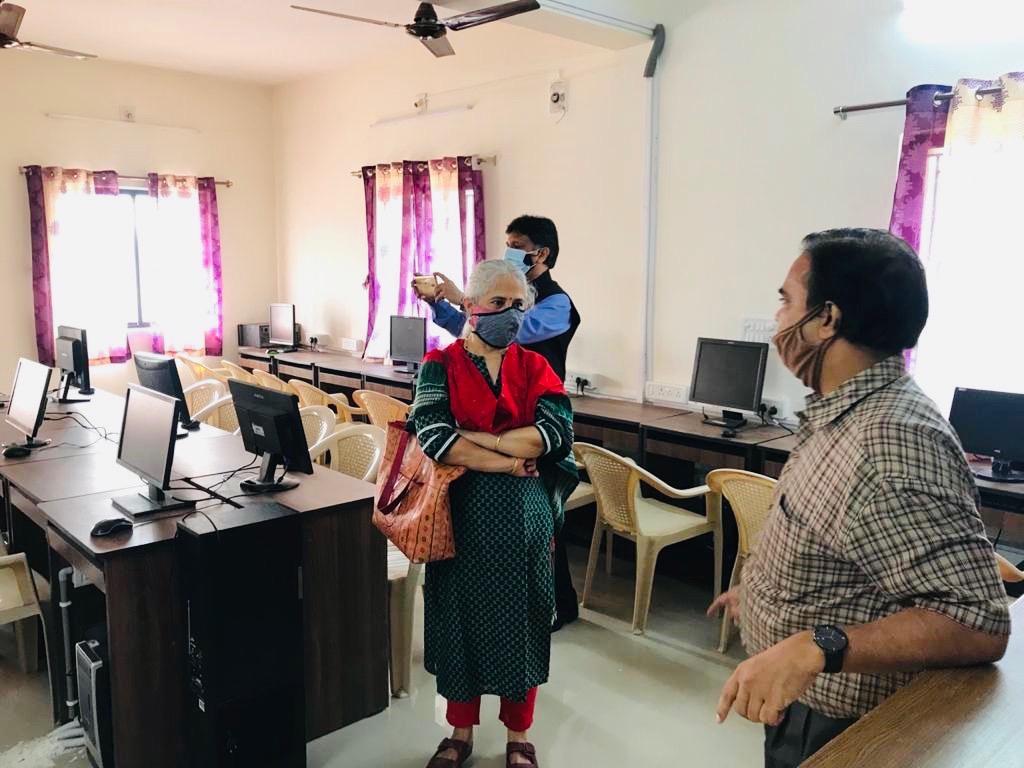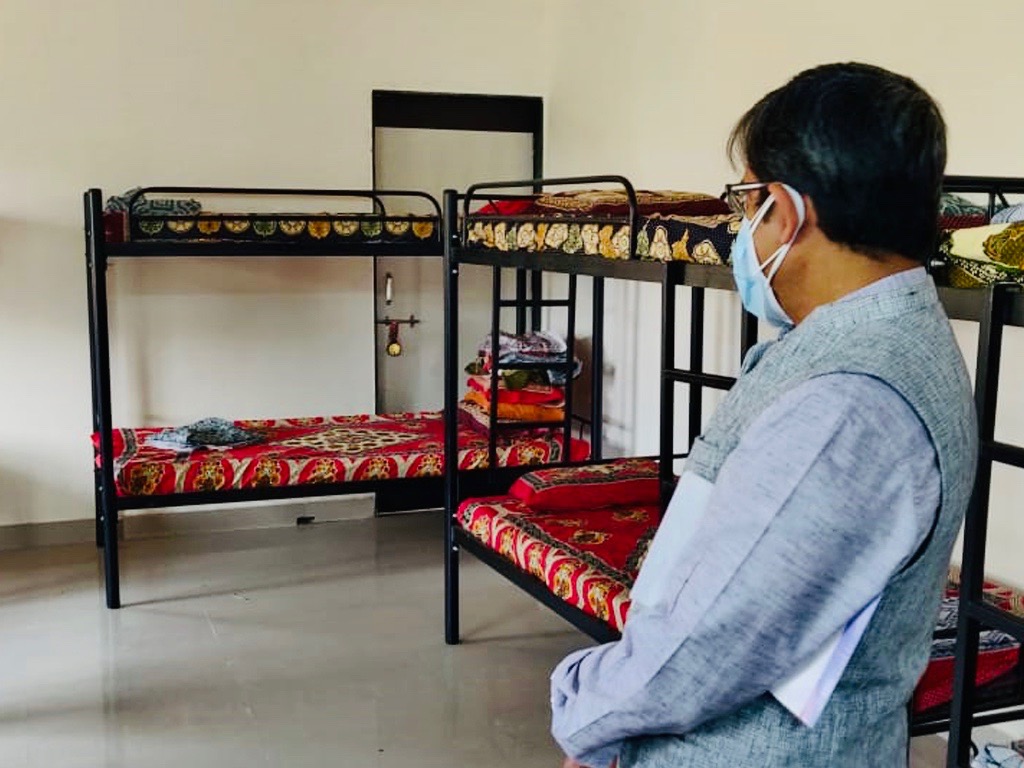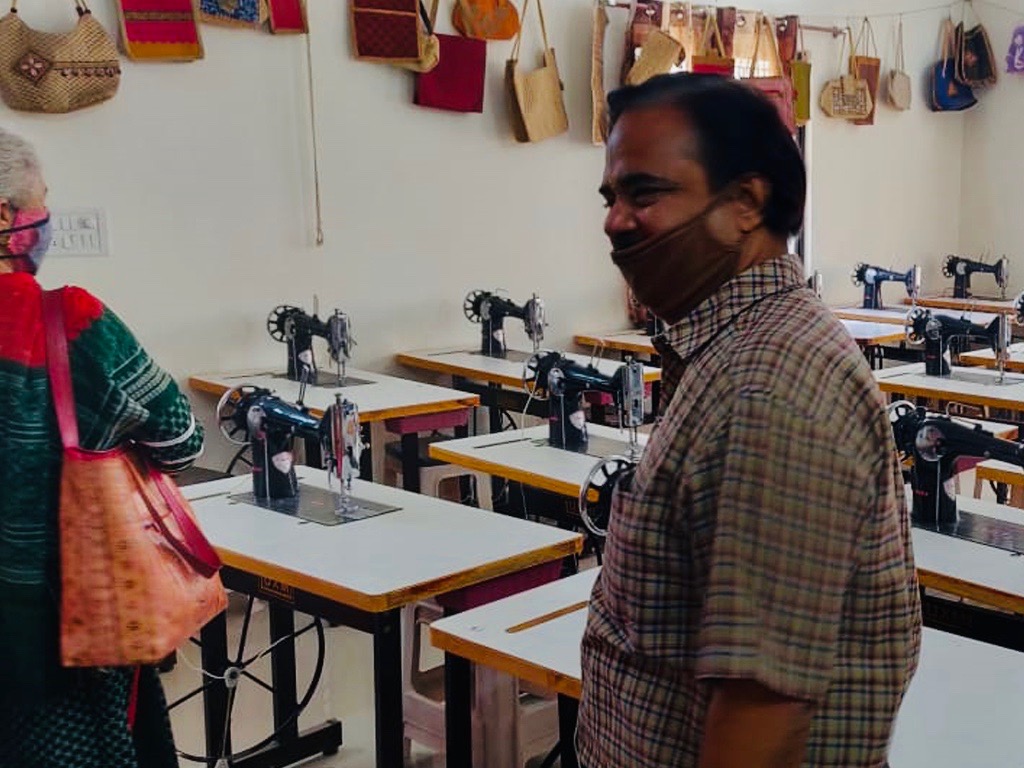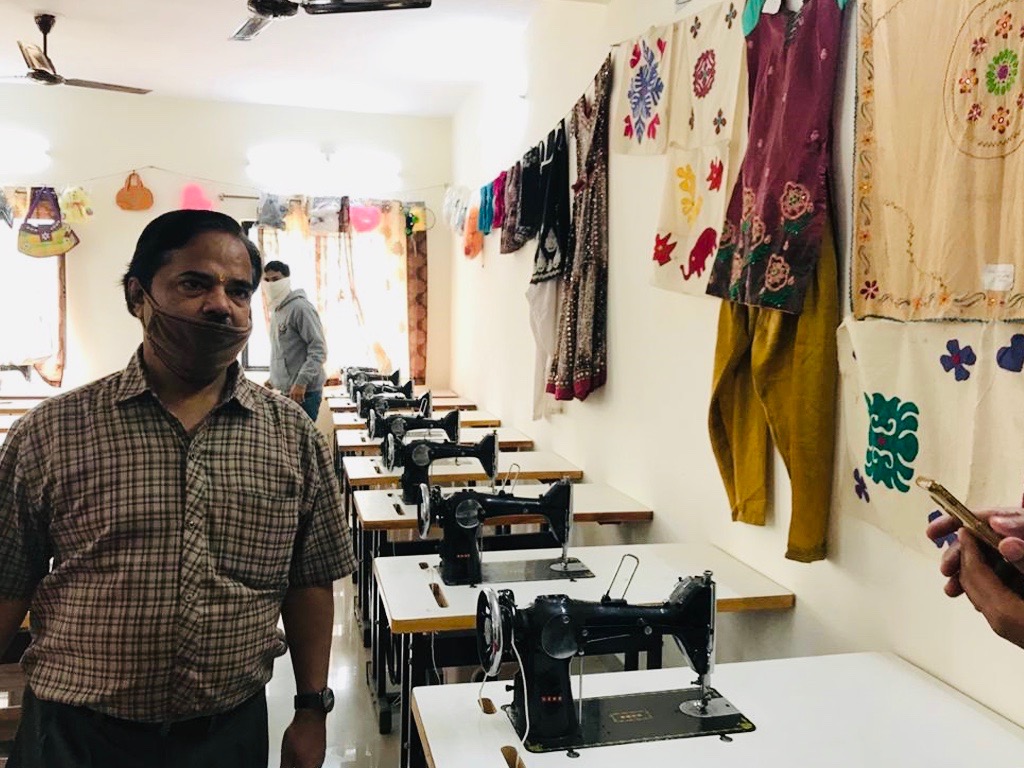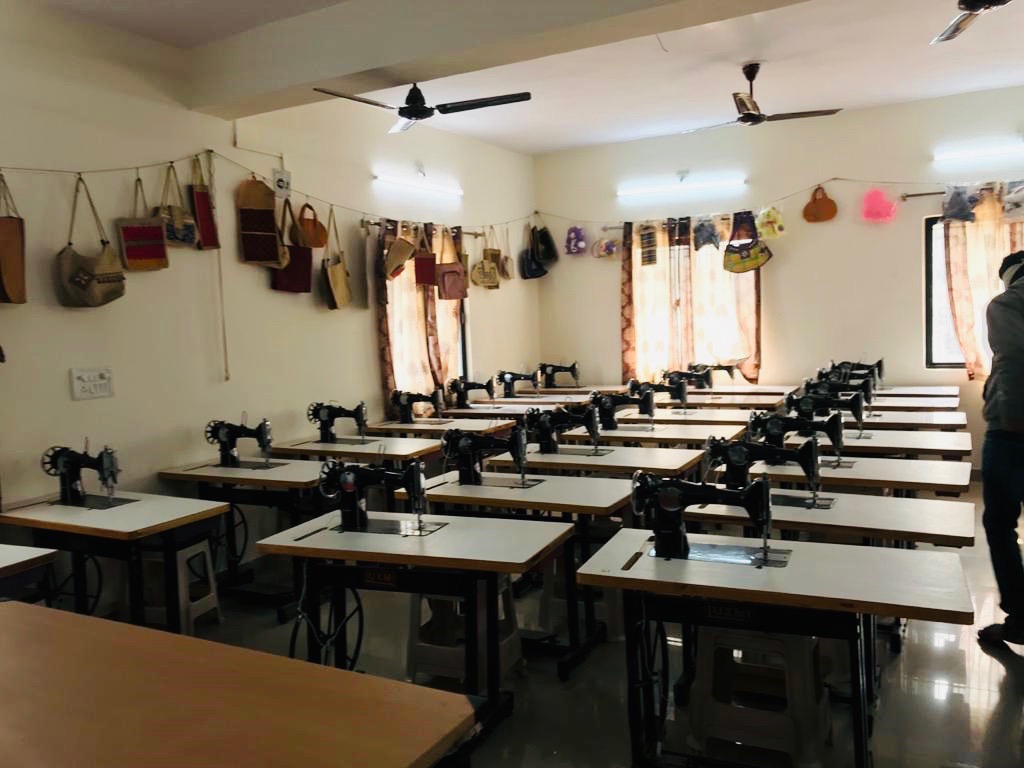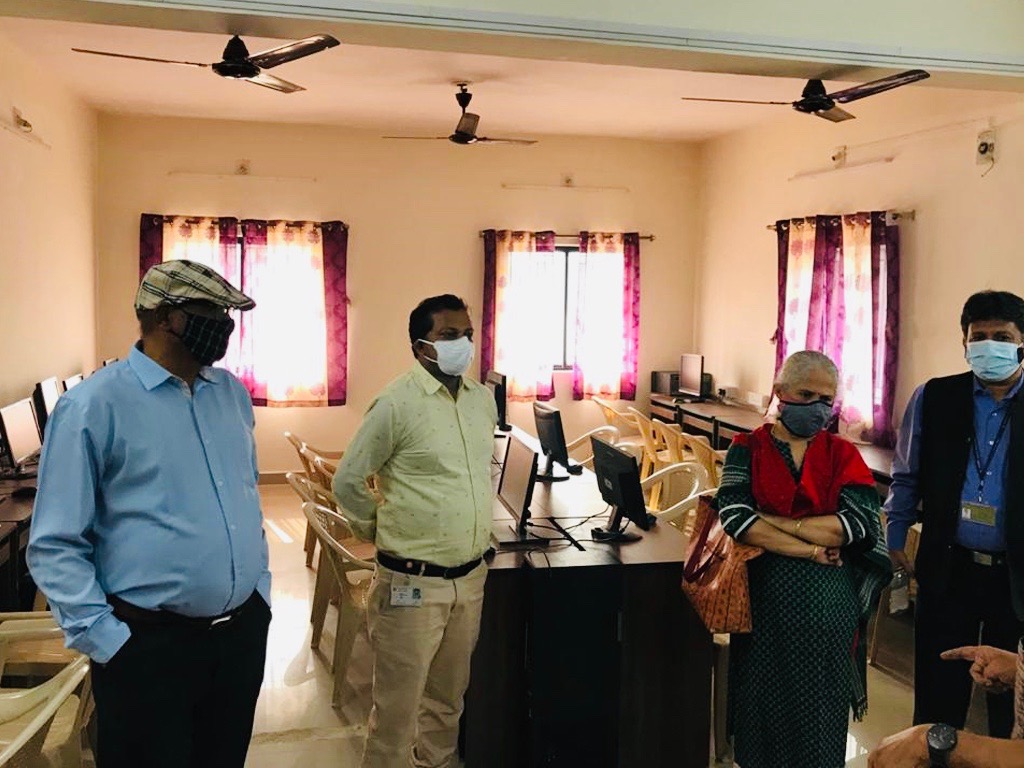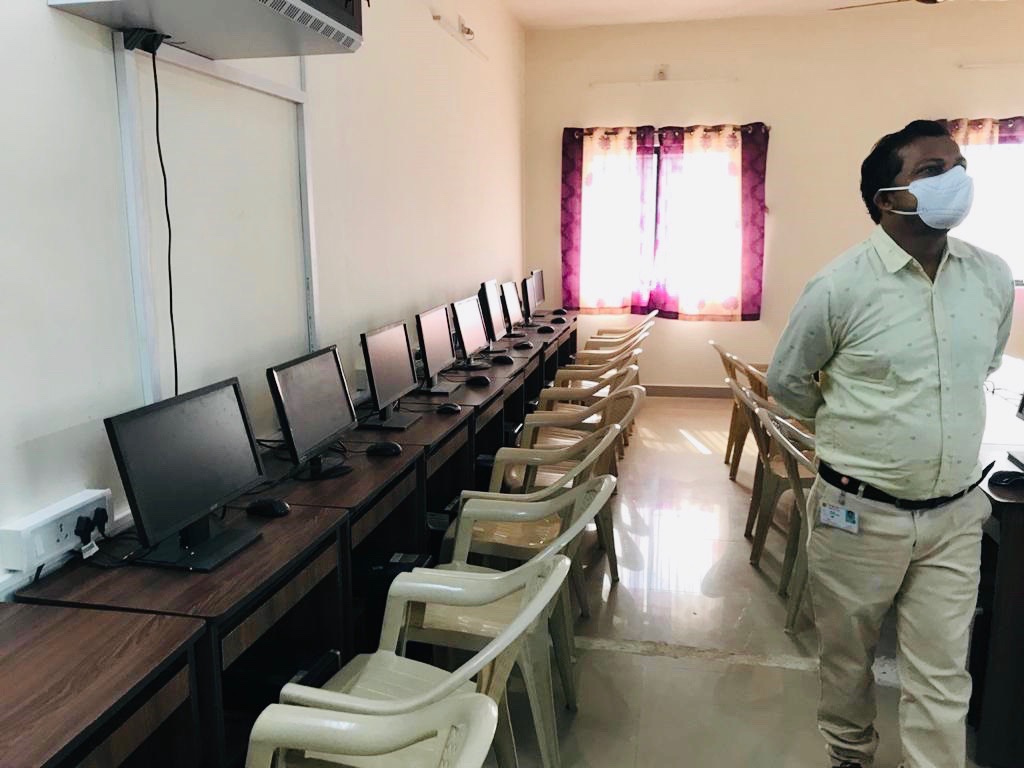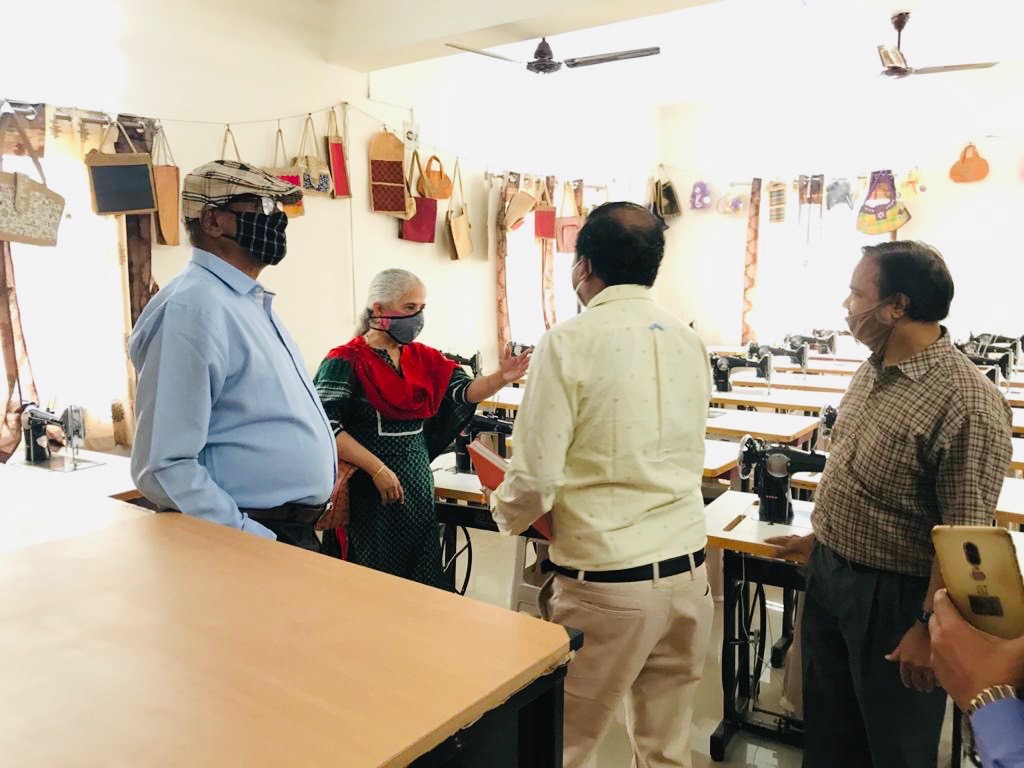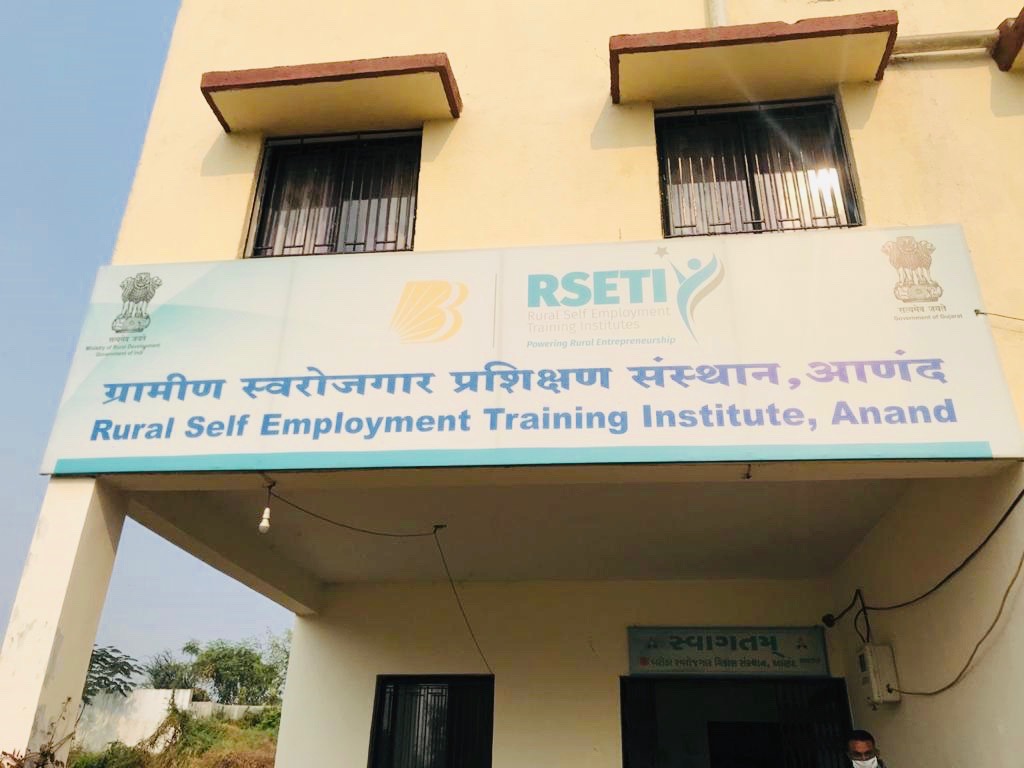SYSTEMIC IMPROVEMENT
Systemic Improvement in an organisation as part of preventive vigilance strategy, causes a change, which not only alters a fundamental system/process being followed till now, but also improves the efficaciousness of the whole organisation.

"Be the Change you
want to see in the World."
-Mahatma Gandhi
A potent tool in fight against corruption as it improves upon existing systems and establishes in-built checks within the system to bring about more clarity, standardisation and transparency.
It is aimed at bringing stakeholders including public in the decision-making
process for more transparency.
It aims to penalise and deter malpractices.
Citizens' Suggestions by Systemic Improvement
As a move to strengthen mechanisms of Participative Vigilance, Commission, in a first of its kind exercise invited suggestions during VAW 2020 from citizens on systemic improvements which they would like to see implemented. This was also done to involve stake holders in decision making processes and reforms taking place in the government. A committee of seven officers was constituted in the Commission to analyse these suggestions, discuss the different ideas therein and take the different issues up with the concerned government organizations. Several rounds of discussions took place to deliberate upon these items and meetings were held at the appropriate level in a bid to taking these suggestions to a logical conclusion. The suggestions received from citizens have been classified in following categories:
Systemic Improvements by Government Organizations
Systemic Improvements by Government Organizations Commission, as an on-going exercise, while dealing with cases of various organisations, regularly recommends systemic improvements received through Chief Vigilance Officers and Branch Officers of Commission. In order to make the systemic improvements more robust and look into the possibility of replicating the same in other organisations, wherever required, some of these cases are also referred to the Committee on Systemic Improvements. Committee examines these cases to recommend if further improvements are required besides looking for the possibility of emulating these changes in other organisations.
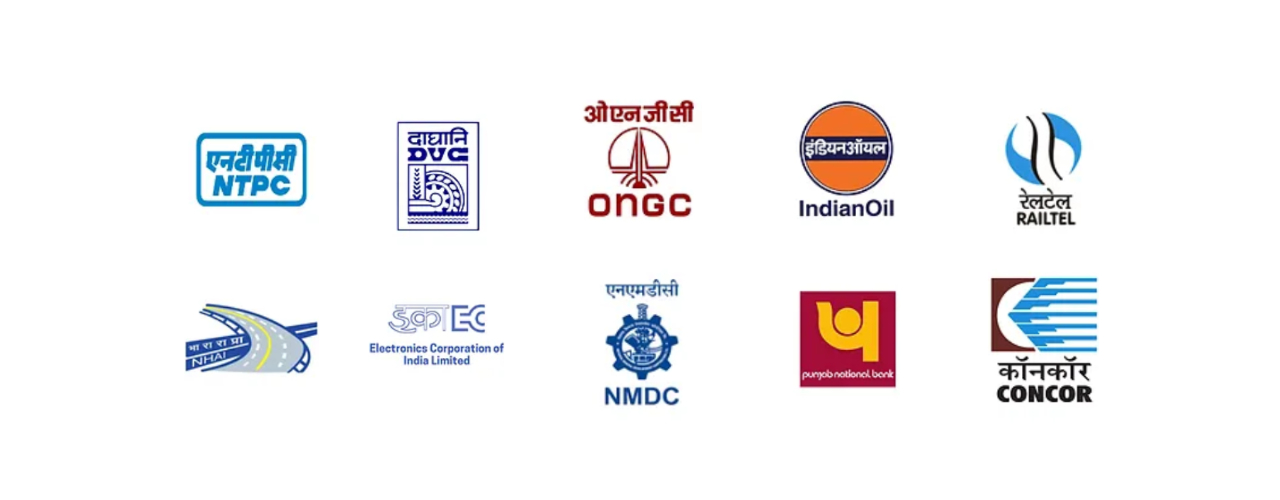
Attitudinal Change and Ethics
Commission has been emphasizing on a robust training system for government employees, which is important for any organization to succeed in its objective and functioning. In order to bring about attitudinal change in employees, the Commission strongly advocates the idea of exposing them to good practices through induction and mid-career training programmes. With this aim, the Commission has finalized a five days exposure visit module for induction training and 3 days exposure visit module for mid-career training. National Dairy Development Board and Delhi Metro Rail Corporation have been earmarked as the agencies to impart training to the employees of the organisations concerned. Further, in order to expose the employees to village life, the Commission has involved Rural Self Employment Training Institutes (RSETI), set up by Department of Rural Development. The village visit is to include interaction with farmers, Self Help Groups, Primary Health Centres, Village Panchayat, Familiarization with the village scheme, Socio Economic Survey by the participants etc.
Capacity Building
Commission believes that successful organizations are those whose systems of training are robust. Therefore, the Commission endorsed the idea of mandatory Induction and Mid-career Training Programmes across government organizations including the Public Sector Undertakings and Banks. Commission has emphasized that every organisation must strive to have a structured mid-career training programme of minimum 4 weeks for all officers / employees.
Commission has recognized the need of institutionalization of preventive vigilance module in all training programme. It has developed 5 indicative preventive vigilance module for induction level training programme and to indicative preventive vigilance module for inclusion in mid-career training programme.
Modules for Inclusion in Preventive Vigilance Induction Training
Modules for Inclusion in Preventive Vigilance Mid-Career Training
New Initiatives
During the National Conference for Vigilance and Anti Corruption ‘सतर्कभारत, समृद्धभारत The ’Hon’ Commission floated an idea of mentorship. The Commission is of the view that for a new entrant in service, the guidance, support and positive orientation provided by senior can go a long way in developing personal and professional traits, which ultimately results in development of leadership qualities, improved performance at workplace and capability to face professional challenges. Hence, the Commission has recommended for adoption of a formalized/well constituted mentorship scheme, where a senior, as a mentor, acts like a friend, philosopher and guide to new incumbent. The mentor can help the mentee with the correct service attitude, impart key professional skill sets, give guidance on expected norms of personal conduct in public life through experience sharing. This would enable better emotional response to challenges in service and support an officer to achieve their potential in contributing as a public servant. The Commission has recommended the scheme initially for newly inducted officers of All India Service, Group ‘A’ officers and their equivalent in other government organizations, Public Sector Undertakings and Public Sector Banks also.
As per established practice and guidelines of C & AG Audit/inspection, before finalizing the Audit Report of the concerned entity, all the audit findings, conclusions and recommendations are discussed with the head of the concerned entity and as far as possible direct responses of the audited entity are to be solicited and recorded in a meeting also called “Exit Conference” or “Exit Interview”. It is a platform to arrive at an agreement with audited entity about audit conclusions and recommendations as far as possible. Involvement of CVO at the time of exit interview might provide a direct linkage between the Vigilance branch and C&AG Inspection/Audit outcome and give an early start in vigilance investigation of the matter by the Vigilance department. This issue was taken up by the Commission with Comptroller and Auditor General, Secretary Expenditure and Secretary, Department of Public Enterprises. As a first step towards institutionalization of this system, the Commission has advised following PSUs to adopt the practice of involvement of CVOs at the time of exit interview by the CAG audit inspection team, on a pilot basis:
- NTPC Limited
- Power Grid Corporation of India Limited
- Bharat Heavy Electricals Limited
- Indian Oil Corporation Ltd (IOCL)
- GAIL India Ltd
- Coal Mines Provident Fund Organization
- Eastern Coal Fields Ltd
- Steel Authority of India Ltd (SAIL)
- Hindustan Aeronautics Ltd (HAL)
- National Aluminum Company Ltd (NALCO)
- Indian Railway Construction Company Limited (IRCON)
- Baharat Sanchar Nigam Ltd (BSNL)
- National Textile Corporation (NTC)







